Introduction
Screwdrivers are indispensable tools for both DIY home projects and professional repair work. From assembling furniture to tuning up appliances, having the right screwdriver speeds up tasks and prevents frustration.
But with the multitude of options available, from classic flathead types to more advanced electric screwdrivers, it can be challenging to select the best models for specific needs. This article explores the key screwdriver varieties and their applications to help you elevate your DIY game or equip your workshop with the ideal tools.
Understanding Screwdriver Types
| Type | Description | Real-World Use Case |
|---|---|---|
| Flathead Screwdrivers | Flat, single-grooved tip. Basic and economical. | Adjusting light switch or outlet covers, basic cabinetry or furniture. |
| Phillips Head Screwdrivers | Cross-shaped, pointed tip for better grip. | Assembling furniture, repairing electronics, battery compartments. |
| Torx Screwdrivers | Star-shaped tip for higher torque capacity. | Automotive repair, computer components, modern appliances. |
| Hex Screwdrivers (Allen Wrenches) | Hexagonal tips for precise engagement. | Bicycles, exercising equipment, IKEA furniture, modern appliances. |
| Robertson (Square) Screwdrivers | Square, tapered tips for enhanced torque transfer. | Woodworking, driving screws into hardwoods, furniture projects, decks. |
Screwdrivers come in a range of styles, each suited for particular uses. Let's look at the most common types and where they shine.

Flathead Screwdrivers
Description: Flathead, or slotted screwdrivers, feature a flat, single-grooved tip that fits into slotted screw heads. They represent the most basic and economical screwdriver variety.
Real-World Use Case: Flatheads work well for simple household tasks like adjusting light switch or outlet covers, working with basic cabinetry or furniture, and other straightforward applications with slotted screws.
Phillips Head Screwdrivers
Description: With a cross-shaped, pointed tip, Phillips screwdrivers grip screws better than flathead versions. The angled shape allows for deeper engagement.
Real-World Use Case: Phillips models are ideal for assembling ready-to-assemble furniture, repairing electronics like computers and appliances, accessing battery compartments, and similar medium-duty tasks.
Torx Screwdrivers
Description: Featuring a star-shaped tip, Torx screwdrivers deliver higher torque capacity and minimize cam-out compared to Phillips tools.
Real-World Use Case: Common uses include automotive repair, working with computer components, and projects involving modern appliances and consumer electronics which often use Torx screw heads.
Hex Screwdrivers (Allen Wrenches)
Description: Hex screwdrivers have hexagonal tips to fit flush into hexagonal screw heads, allowing precise engagement. Also called Allen wrenches.
Real-World Use Case: Ideal for bicycles and exercising equipment using hex bolts. Also used for IKEA furniture assembly and accessing internals in modern appliances.
Robertson (Square) Screwdrivers
Description: Robertson screwdrivers have square, tapered tips. This self-centering design enhances torque transfer and reduces cam-out.
Real-World Use Case: Common in woodworking applications. Robertson screwdrivers excel at driving screws into hardwoods when assembling furniture projects, building decks, and similar tasks.
Manual vs. Electric Screwdrivers
Beyond the tip type, choosing between manual and electric screwdrivers depends on your needs:
Manual
- Pros: Inexpensive, lightweight. Better for precision tasks. Don't require charging.
- Cons: Require physical effort. Not ideal for high-torque applications. Can be tedious for large projects.
Electric
- Pros: Speed up repetitive tasks. Easy to drive screws even in hard materials. Reduce hand fatigue. Often reversible.
- Cons: Bulkier and pricier than manual types. Require charging/batteries. Can damage surfaces if not used carefully.
Real-World Use Case: Electric screwdrivers are efficient for driving large numbers of screws during remodeling or construction. For intricate electronics work, opt for manual precision screwdrivers to avoid damage.
Specialty Screwdrivers
Beyond the basics, specialty screwdrivers deliver enhanced versatility:
- Precision screwdrivers: With slim, low-torque designs, these excel at delicate electronics and watchmaking work.
- Ratcheting screwdrivers: Allow driving and removing screws in tight areas via a ratcheting mechanism.
- Right angle screwdrivers: Feature a perpendicular shaft and offset handle ideal for use in narrow spaces.
- Multi-bit screwdrivers: Store multiple bit types for quick swapping as needed.
Real-World Use Case: Keep precision screwdrivers on hand for eyeglass repairs and electronics disassembly. Ratcheting models shine for computer internals or plumbing tasks in confined areas.
Material and Build Quality
The best screwdrivers feature:
- Durable steel alloy construction - Resists bending and provides torque. Chrome vanadium is a popular choice.
- Comfortable, ergonomic handles - Promote good grip and reduce hand strain during prolonged use.
- Corrosion resistance - For longevity, look for nickel or titanium plating and impact-resistant coatings.
- Magnetic tips - Help hold and align screws in place for one-handed operation.
Premium materials and ergonomic handles make a noticeable difference in challenging tasks compared to flimsy economy models.
And Fanttik electric screwdriver did it the BEST! Fanttik screwdrivers epitomize the pinnacle of material and build quality, featuring durable steel alloy construction, ergonomically designed handles for comfort, corrosion-resistant finishes for longevity, and magnetic tips for ease of use, making them the ideal choice for both DIY enthusiasts and professional craftsmen.

Considerations for Choosing the Right Screwdriver
Evaluate your needs across these factors when selecting screwdrivers:
Project Requirements
- Identify the screw types involved based on project scope, furniture/equipment being worked on, etc.
- Choose a properly matched screwdriver - flathead for slotted screws, Phillips for crosses, etc. Use a reference chart if unsure.
Comfort and Ergonomics
- For extensive work, an ergonomic grip helps avoid hand cramps and fatigue.
- Thinner shafts promote better control in precision applications.
- Adjustable-length shafts provide flexibility.
Durability and Quality
- For regular homeowners, mid-range screwdrivers suffice for occasional jobs.
- Professionals and avid DIYers should invest in durable, premium screwdrivers.
- Also consider frequency of use. Resources used daily require more durability.
Price vs. Performance
- Simple slotted and Phillips manual screwdrivers are economical for basic needs.
- Moving into ratcheting, electric, and ergonomic models brings better performance and capabilities, but at increased cost.
- Serious hobbyists and professionals justify spending more for screwdrivers that match their workload and get the job done efficiently.
Elevate Your DIY Experience with Fanttik Screwdrivers
In the world of DIY and professional repairs, having the right tools can make all the difference. That's where our Fanttik screwdrivers come in, blending state-of-the-art technology with user-friendly design to revolutionize your work.
Fanttik E1 Max Precision Electric Screwdriver
- The Ultimate Tool for Precision Tasks: Perfect for intricate projects like electronics repair or model building, the Fanttik E1 Max screw driver is a game-changer.
- Features That Stand Out: With its adjustable torque levels ranging from 0.05 to 0.2 Nm, and a manual torque of 3 Nm, the E1 Max offers unmatched precision.
- Ergonomic and Efficient: Its sleek design ensures comfort during prolonged use, and the magnetic case with a pop-up mechanism keeps your 50 metal bits organized and accessible.
- Real-World Application: Whether you're repairing a smartphone or assembling delicate electronics, the E1 Max ensures accuracy and efficiency.

Fanttik NEX S1 Pro Cordless Screwdriver
- The Powerhouse for Heavier Tasks: Ideal for larger projects like furniture assembly and robust repairs, the Fanttik NEX S1 Pro screwdriver brings professional-grade power to your fingertips.
- Robust and Reliable: Offering torque levels up to 6 Nm, this screwdriver can handle even the most demanding tasks with ease.
- Long-lasting Battery Life: With a 2000mAh battery, it's ready to power through 340 screws on a single charge, and the type-C port ensures quick recharging.
- Designed for Convenience: The intuitive power indicator and ergonomic grip make it a user-friendly choice for extended projects.
Why Choose Fanttik?
- Innovative and User-Centric: Our products are designed keeping the user's needs in mind, ensuring a blend of high performance, durability, and ease of use.
- A Tool for Every Task: Whether it's precision work or heavy-duty repairs, Fanttik has a screwdriver that's tailored to your needs.
Empower your DIY and professional endeavors with Fanttik's cutting-edge screwdrivers. Explore the range and find your perfect tool in 2024 new start!
Conclusion Thoughts
The choice of screwdriver has a significant impact on performance and results when undertaking projects or repairs. Matching the right screwdriver type and features to your specific applications in 2024!

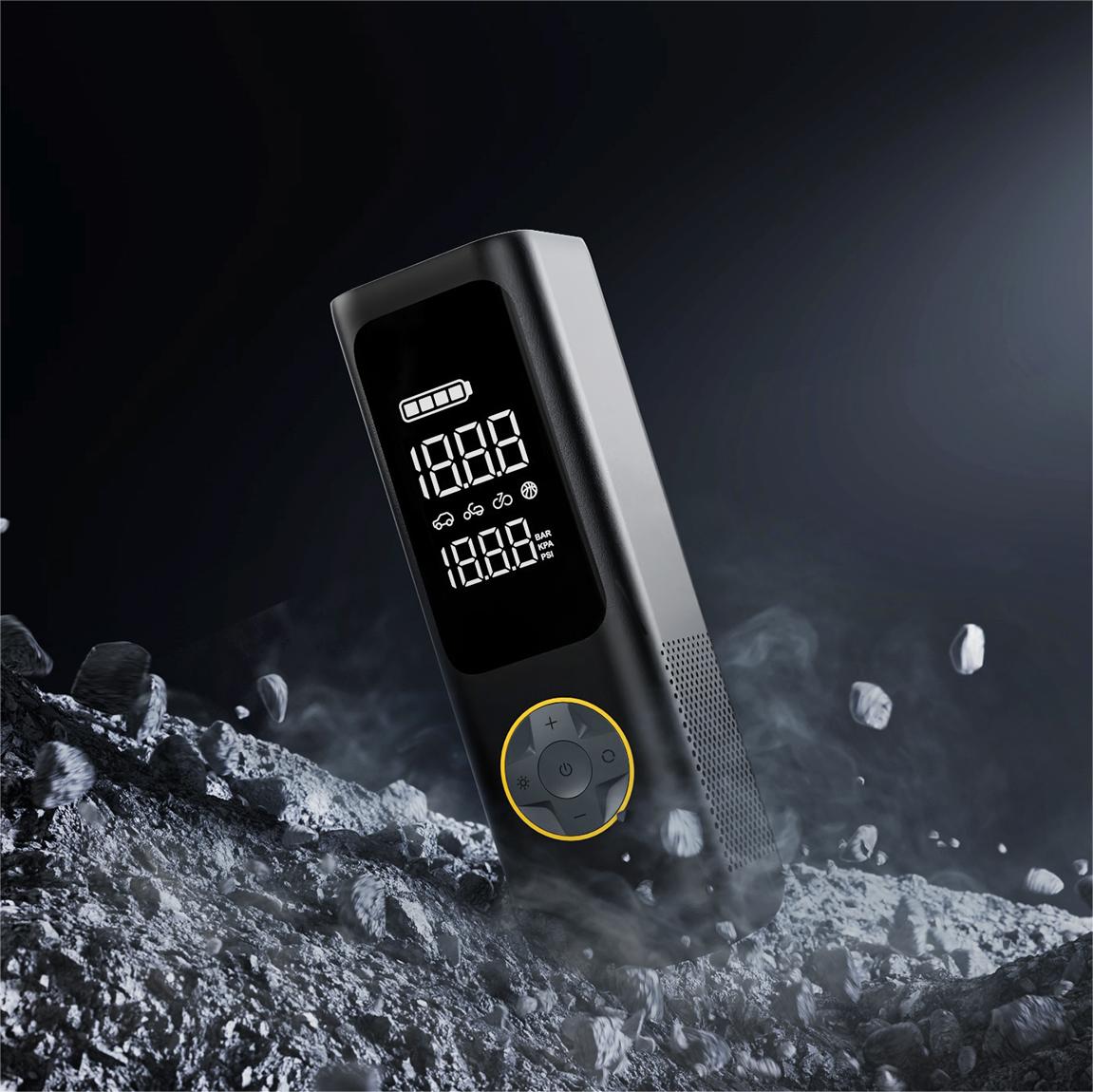
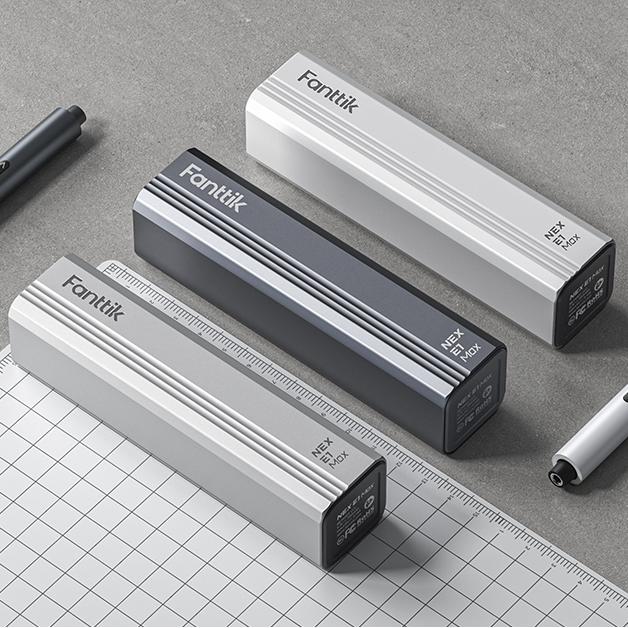
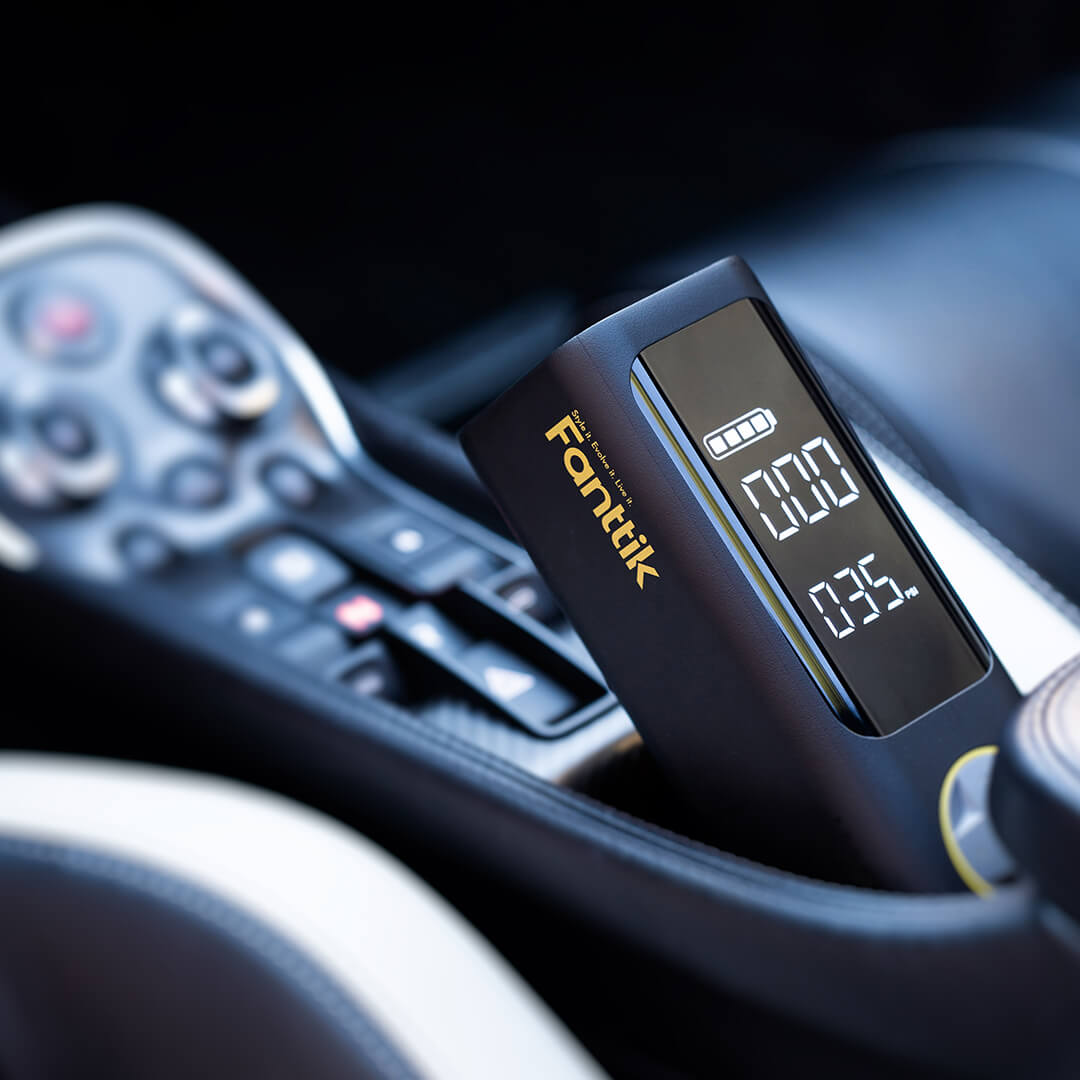
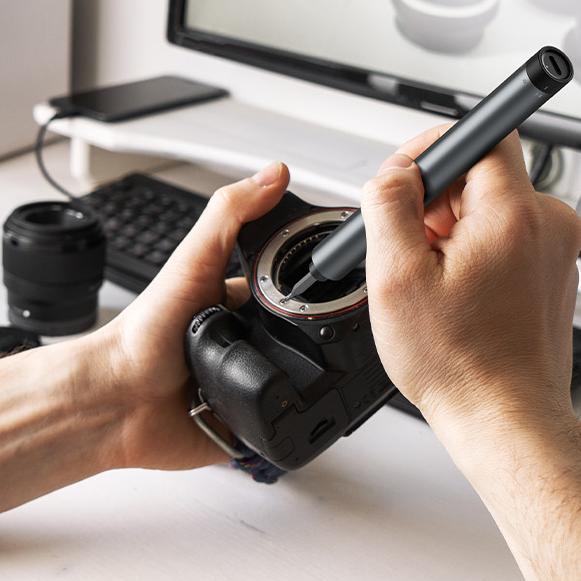



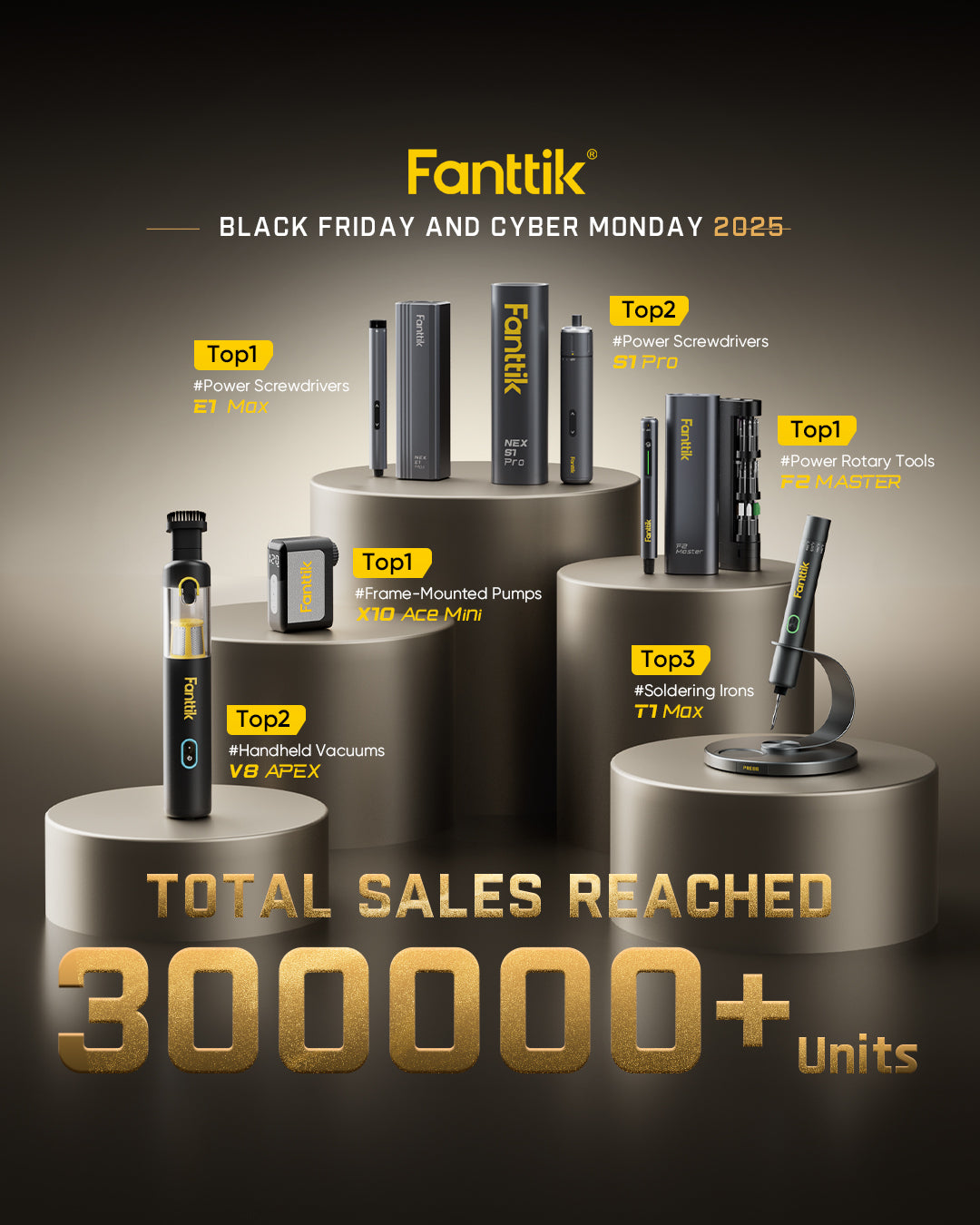
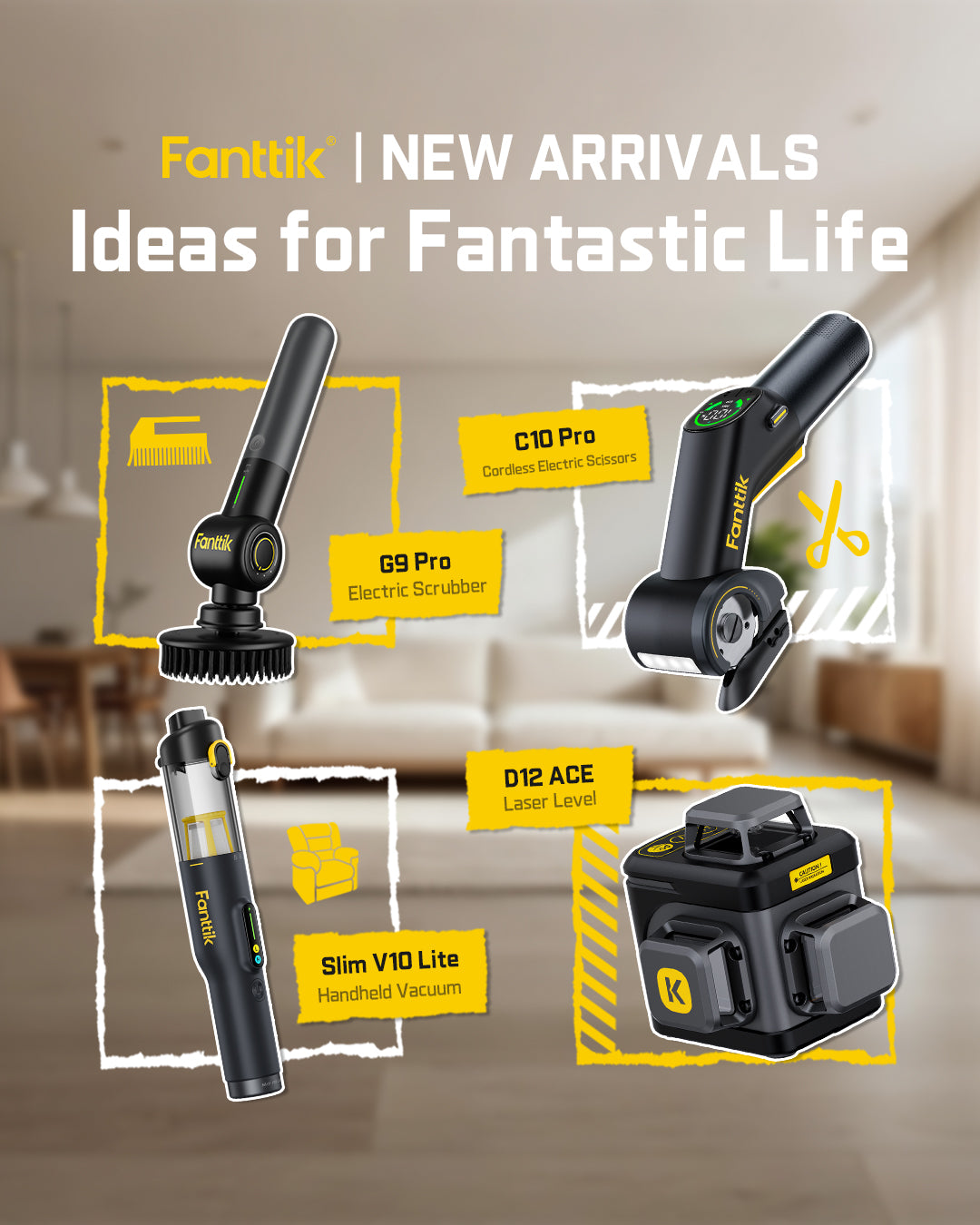
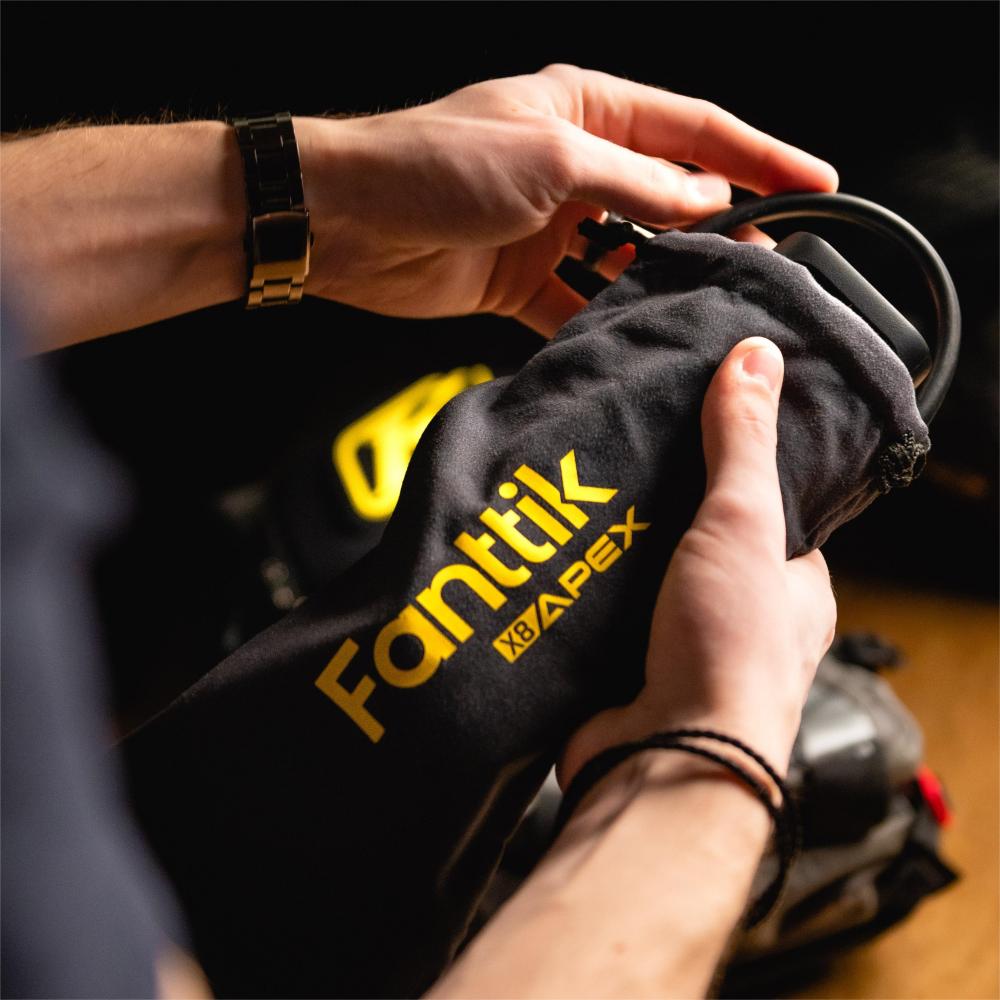

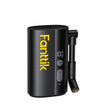
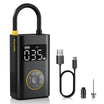
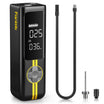
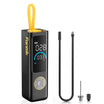
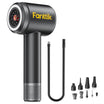
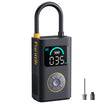
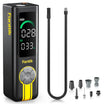
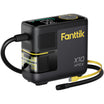
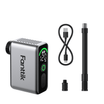
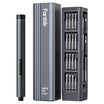
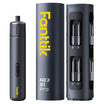
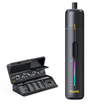
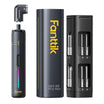
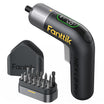
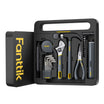
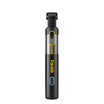
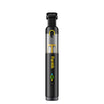
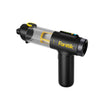
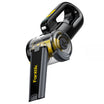
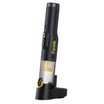
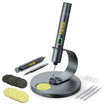
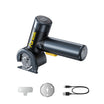
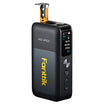
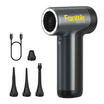

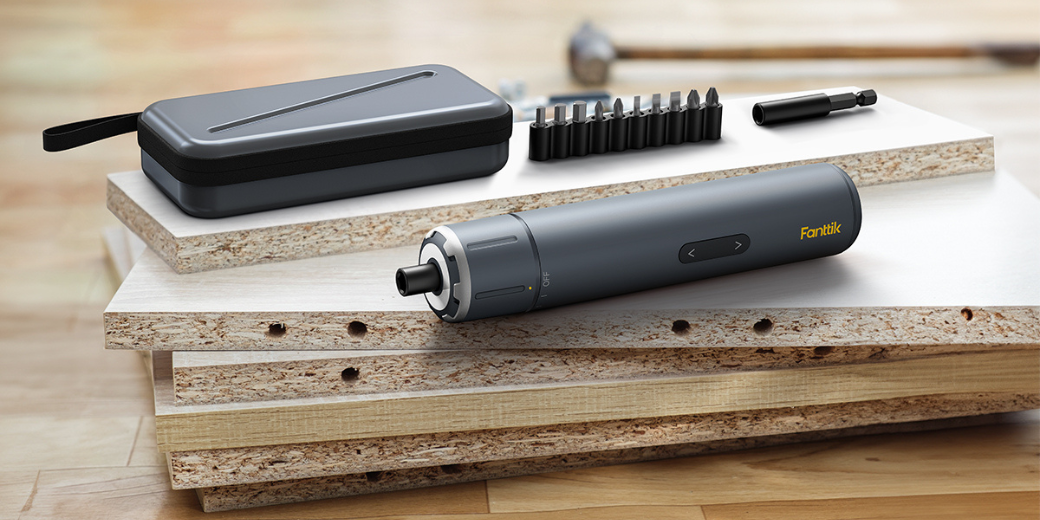



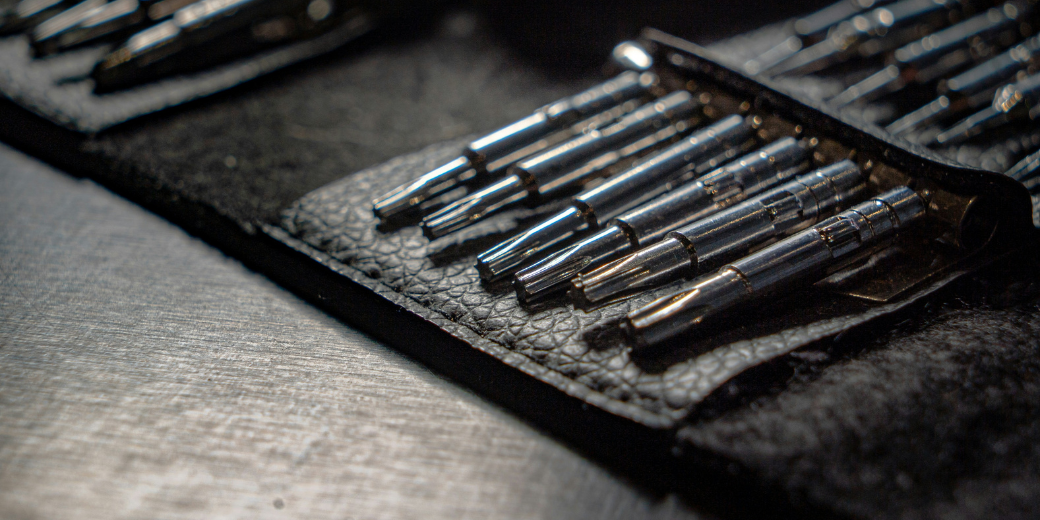
Leave a comment
All comments are moderated before being published.
This site is protected by hCaptcha and the hCaptcha Privacy Policy and Terms of Service apply.